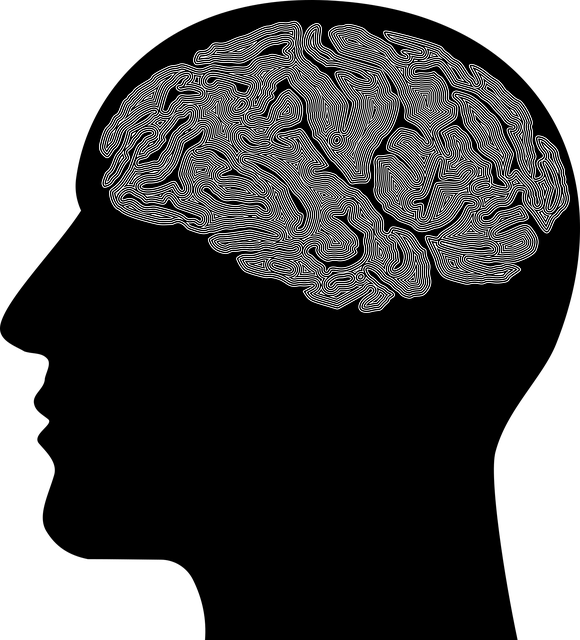Longmont Major Life Transitions Therapy (MLTT) is a specialized program addressing trauma-related challenges during significant life changes, such as divorce or job loss. Combining evidence-based techniques like CBT and EMDR with mindfulness exercises, MLTT helps clients develop coping skills and manage stress. Through emotional exploration and past trauma assessment, individuals gain resilience to navigate transitions healthily, fostering mental wellness and a more secure future. MLTT also incorporates burnout prevention strategies for healthcare providers and mental wellness coaching programs to empower individuals with agency in their recovery journey.
“In a world where trauma is an all-too-common experience, understanding and supporting those affected is paramount. This article explores Longmont Major Life Transitions Therapy (MLTT), a specialized approach designed to help individuals navigate traumatic events. MLTT serves as a robust foundation for trauma support services, addressing complex needs.
We’ll delve into the key components that constitute effective trauma support, guiding readers through the essential elements of healing. Additionally, we offer practical strategies for accessing and navigating resources, empowering individuals on their journey towards recovery.”
- Understanding Longmont Major Life Transitions Therapy: A Foundation for Trauma Support
- Key Components of Effective Trauma Support Services
- Accessing and Navigating Resources: Supporting Individuals on Their Healing Journey
Understanding Longmont Major Life Transitions Therapy: A Foundation for Trauma Support

In the realm of trauma support services, Longmont Major Life Transitions Therapy (MLTT) stands as a robust foundation for healing and recovery. This therapeutic approach is specifically designed to help individuals navigate and overcome significant life transitions that may have been exacerbated or triggered by traumatic experiences. MLTT recognizes that major life shifts, such as divorce, job loss, or relocation, can heighten stress levels and re-open emotional wounds, especially for those who have experienced trauma in the past. By integrating evidence-based practices, this therapy equips clients with effective coping mechanisms and stress management strategies to confront these transitions head-on.
The therapeutic process delves into various aspects of an individual’s life, fostering a safe space to explore and express emotions, particularly through communication strategies that promote emotional healing processes. MLTT aims to strengthen resilience by teaching individuals how to manage and regulate their emotions during challenging times. By addressing past traumas and cultivating healthy coping mechanisms, Longmont MLTT empowers clients to embrace change and build a more resilient future, allowing them to thrive rather than merely survive life’s transitions.
Key Components of Effective Trauma Support Services

Effective trauma support services are multifaceted, designed to holistically address the needs of individuals navigating complex emotional landscapes. At the core, Longmont Major Life Transitions Therapy offers a safe space for expression and healing through evidence-based practices tailored to each client’s unique experience. This includes techniques like cognitive behavioral therapy (CBT), eye movement desensitization and reprocessing (EMDR), and mindfulness exercises, which have proven successful in mitigating trauma’s profound impact on mental wellness.
Beyond therapeutic interventions, Burnout Prevention Strategies for Healthcare Providers play a crucial role in sustaining support services. Implementing effective communication strategies ensures clients feel understood and empowered throughout their healing journey. Furthermore, integrating Mental Wellness Coaching Programs Development can equip individuals with coping mechanisms and resilience-building tools, fostering a sense of agency as they overcome trauma’s challenges.
Accessing and Navigating Resources: Supporting Individuals on Their Healing Journey

Accessing resources for trauma support is a vital step in an individual’s healing journey, especially during major life transitions. Many people struggle to navigate the available options due to the complexity and variety of services. Longmont Major Life Transitions Therapy offers a comprehensive approach to addressing these challenges. The first step involves conducting a thorough risk assessment for mental health professionals, ensuring safety and effectiveness. This initial evaluation helps in tailoring interventions that cater to individual needs, be it through counseling, therapy, or support groups.
Mental health awareness plays a crucial role in this process as it enables individuals to recognize their trauma and seek help. Emotional intelligence is also essential, allowing professionals to understand the unique emotional landscapes of each client. By combining these elements, Longmont Major Life Transitions Therapy guides people through their healing journey, ensuring they receive the best possible care during transformative periods.
Longmont Major Life Transitions Therapy provides a robust foundation for trauma support services, focusing on key components like safety, connection, and meaning-making. By understanding these elements and effectively integrating them into care, we can enhance healing journeys. Accessing resources, both locally and online, equips individuals with the tools they need to navigate their unique paths to recovery. Remember that trauma support is a collaborative process, and by supporting one another, we foster resilience and promote lasting well-being.














